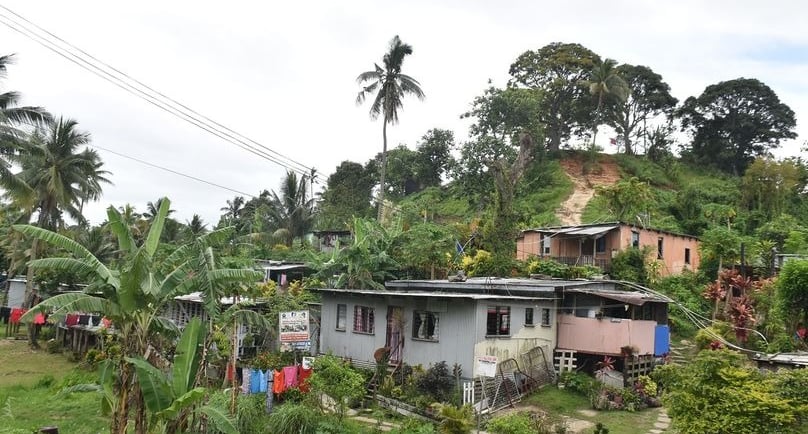Sanitation Problems Lead to Parasitic Infections in Fiji's Informal Settlements
FIJI NEWS


Research by the RISE (Revitalising Informal Settlements and their Environment) project has revealed a serious public health issue in Fiji’s informal settlements, with more than 20% of residents in nine out of twelve communities testing positive for soil-transmitted parasitic infections, including hookworm and Ascaris lumbricoides.
Ascaris lumbricoides is a roundworm that infects the intestines and is common in areas with poor sanitation and hygiene.
These findings, based on samples collected since 2019, highlight the urgent need for better sanitation in these settlements.
Autiko Tela, Assessment Project Manager for RISE, explained that young children under five are most at risk of these infections.
"In these informal settlements, many homes don't have proper sewer systems. Residents often use makeshift septic tanks, like 44-gallon drums or old fridges. When these systems overflow, the waste contaminates the environment," Tela said.
This lack of proper wastewater management is a major issue in the settlements, contributing to the spread of parasitic infections that can lead to serious health problems, especially for young children.
The infections can cause diseases like anemia, which can affect a child's growth and development.
In response, RISE is working on a solution using a nature-based wastewater treatment system.
This system uses wetland plants to filter and clean wastewater, reducing contamination and helping to restore the health of the environment.
By improving sanitation, the project aims to support plant and tree growth, encourage wildlife like bees, and ultimately improve public health in these communities.
The findings are being shared with the Health Ministry to help find solutions to address this growing public health crisis.